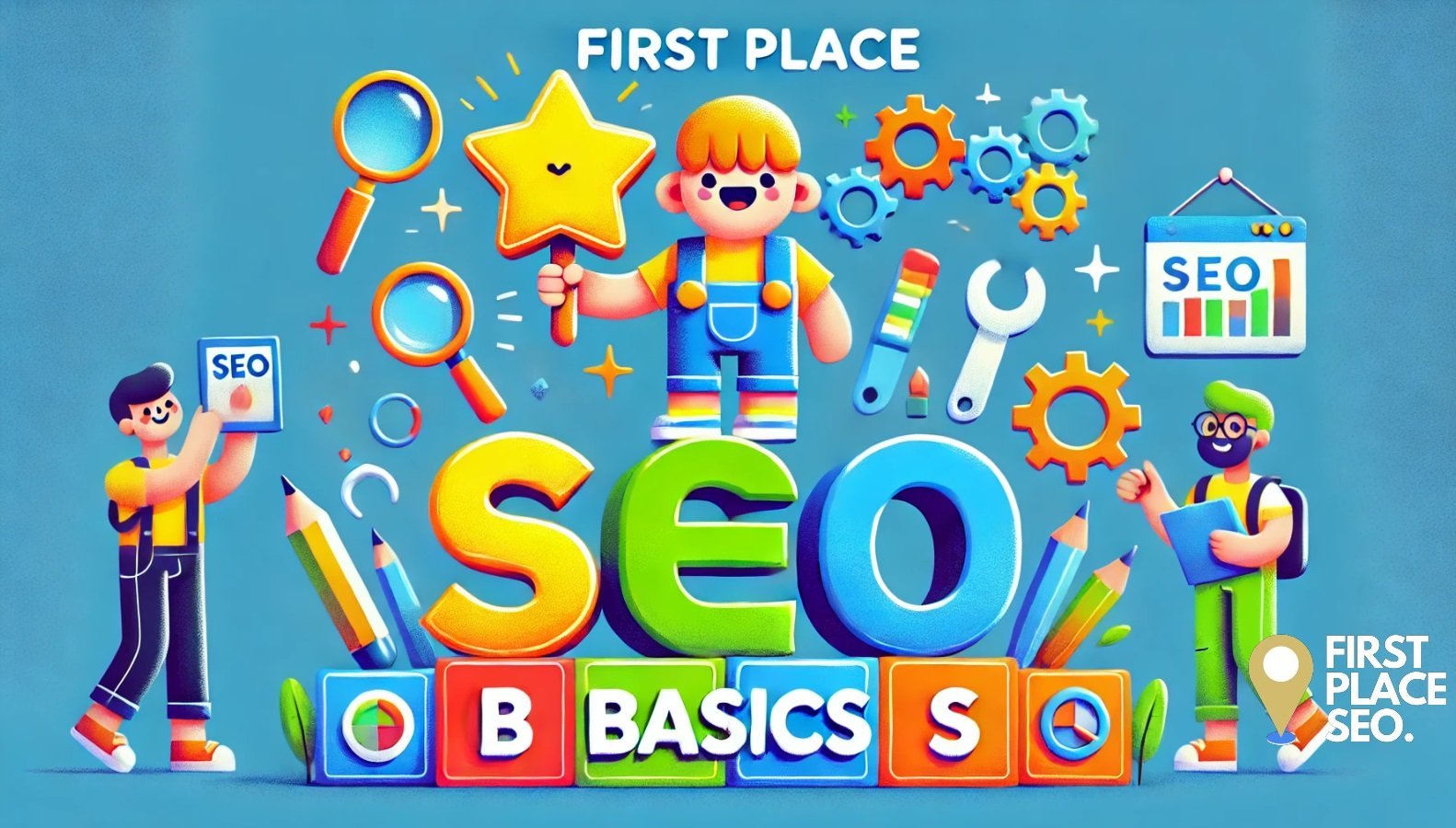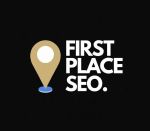How to Explain SEO to a Novice
Understanding SEO Basics
Search Engine Optimisation (SEO) is all about improving your website so it appears higher in search results on platforms like Google. When someone searches for something related to your business, you want your site to be among the first they see. This can be achieved through various SEO practices like keyword research, content creation, and link building.
Why SEO Matters
SEO helps people find your website through unpaid search results, known as organic traffic. High search visibility means more visitors to your site, which can lead to more sales or engagements.
The Role of Keywords
Keywords are the words or phrases people type into search engines. If you have a bakery, keywords might include “best chocolate cake recipe” or “gluten-free bread.” Using these keywords in your content can help your site show up in search results for those terms.
Optimising Your Website Pages
On-page SEO involves making changes directly on your website to improve its ranking. Key elements include:
- Title Tags: The title of your webpage, which should include your primary keyword.
- Meta Descriptions: A short summary of your page’s content. It should be engaging and include keywords.
- Headings (H1, H2, H3): Use headings to structure your content and make it easier for search engines to understand. Include keywords naturally.
- Content Quality: High-quality, relevant content that provides value to your readers. Use keywords naturally throughout.
- Image Optimisation: Use relevant file names and alt text for images, which should include keywords.
- Internal Linking: Linking to other pages on your site to help search engines crawl your content and understand its structure.
Improving Your Website’s Authority
Off-page SEO includes actions taken outside of your website to improve its ranking. This involves:
- Backlinks: Links from other websites to your site. Quality and relevant backlinks can significantly improve your search rankings.
- Social Media Marketing: Sharing your content on social media to increase its visibility and drive traffic.
- Guest Blogging: Writing articles for other websites to gain exposure and backlinks.
- Influencer Outreach: Collaborating with influencers to promote your content and gain backlinks.
Technical SEO Essentials
Technical SEO involves optimising your site for the crawling and indexing phase. This includes:
- Website Speed: Ensuring your site loads quickly.
- Mobile-Friendliness: Making sure your site works well on mobile devices.
- XML Sitemaps: Helping search engines understand your site’s structure.
- Robots.txt: Telling search engines which pages they can and cannot crawl.
- Secure Sockets Layer (SSL): Using HTTPS to secure your site, which can also positively impact your rankings.
Enhancing User Experience
User experience (UX) plays a big role in SEO. Search engines like Google prioritise sites that offer a positive user experience. This includes:
- Easy Navigation: Ensuring users can easily find what they are looking for on your site.
- Engaging Content: Creating content that keeps users interested and encourages them to spend more time on your site.
- Responsive Design: Making sure your site looks good and functions well on all devices.
- Low Bounce Rate: Reducing the number of users who leave your site after viewing only one page.
Optimising for Local Searches
For businesses with a physical location, Local SEO is essential. It involves optimising your online presence to attract more business from relevant local searches. This includes:
- Google My Business: Creating and optimising your Google My Business profile.
- Local Citations: Ensuring your business name, address, and phone number are consistent across all online directories.
- Reviews and Ratings: Encouraging customers to leave positive reviews on platforms like Google and Yelp.
Helpful SEO Tools
Several tools can assist with your SEO efforts:
- Google Analytics: Tracks and reports your website traffic.
- Google Search Console: Monitors your site’s performance in Google search results.
- SEMrush: Offers insights into your competitors’ strategies.
- Ahrefs: Helps with backlink analysis and keyword research.
- Moz: Provides SEO software and tools to improve search engine visibility.
Final Thoughts
SEO is a multi-faceted discipline that requires a mix of on-page, off-page, and technical SEO strategies. By understanding and implementing these practices, you can improve your website’s search engine rankings, attract more organic traffic, and achieve your business goals. Remember, SEO is an ongoing process, and staying updated with the latest trends and algorithm updates is essential for sustained success.


